Home>Gardening & Outdoor>Landscaping Ideas>What Grass Is Best For Chickens
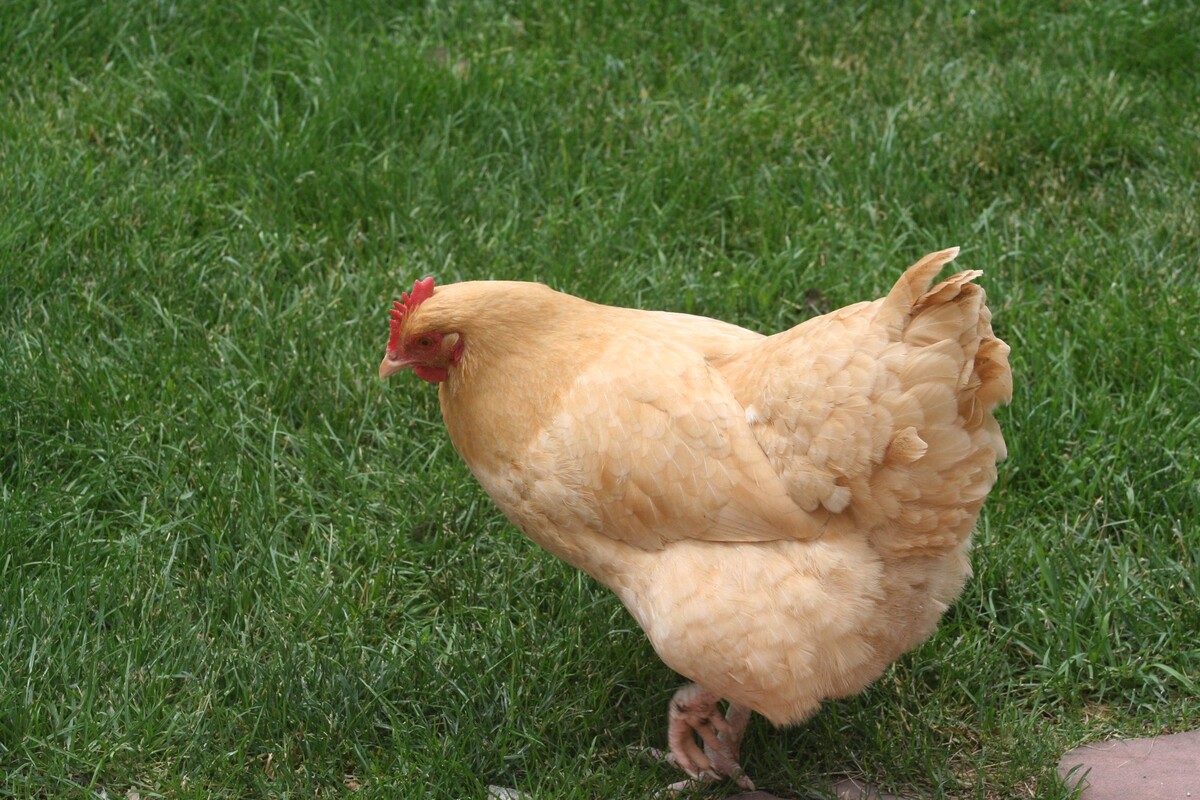

Landscaping Ideas
What Grass Is Best For Chickens
Modified: January 27, 2024
Discover the best landscaping ideas for creating a chicken-friendly environment. Find out which grass types are ideal for your feathered friends.
(Many of the links in this article redirect to a specific reviewed product. Your purchase of these products through affiliate links helps to generate commission for Storables.com, at no extra cost. Learn more)
Introduction
When it comes to creating a healthy and enjoyable environment for your chickens, providing a lush and verdant outdoor space is key. One of the best ways to achieve this is by growing suitable grass for your feathered friends to peck and roam on. Not only does the right grass provide essential nutrients for chickens, but it also offers them a natural foraging experience and contributes to the overall aesthetics of your coop or free-range area. In this article, we’ll explore the factors to consider when choosing grass for chickens, the types of grass that are best suited for them, and the best practices for growing and maintaining it. By the end, you’ll have a comprehensive understanding of how to create an ideal outdoor environment for your chickens, ensuring their health, happiness, and well-being.
Key Takeaways:
- Choose grass for chickens based on climate, durability, nutrition, growth rate, toxicity, and adaptability. Varieties like orchard grass, rye grass, fescue grass, Bermuda grass, and clover offer a balanced foraging environment.
- To grow grass for chickens, prepare soil, select quality seeds, provide proper irrigation, maintain the grass, protect from overgrazing, add supplementary plants, and monitor regularly. This creates a lush and nutritious outdoor space for happy chickens.
Read more: What Is The Best Grass For Chickens
Factors to Consider
Before selecting the type of grass to grow for your chickens, it’s important to consider several factors to ensure the optimal environment for your feathered companions. These factors include:
- Climate: Different grass species thrive in different climates. Consider the climate of your region to select grass that will grow well and provide sustenance for your chickens throughout the year.
- Durability: Chickens can be enthusiastic foragers and may cause wear and tear on the grass. Choose a grass variety that is durable and can withstand the pecking and scratching of your feathered friends.
- Nutritional Value: The grass should offer nutritional benefits to your chickens. Look for varieties that are rich in essential nutrients, such as protein, fiber, and vitamins, to support the health and vitality of your flock.
- Growth Rate: Consider the growth rate of the grass species. Opt for varieties that grow at a moderate pace, as this will ensure a consistent and sustainable supply of forage for your chickens.
- Toxicity: Some grasses may be toxic to chickens. It’s crucial to research and avoid planting any varieties that could pose a risk to your flock if ingested.
- Adaptability: Choose grass species that are adaptable to your specific soil type and environmental conditions. This will promote successful growth and long-term sustainability of the grass in your chicken habitat.
Considering these factors will help you make an informed decision when selecting the most suitable grass for your chickens, ensuring that they have access to a safe, nutritious, and enjoyable foraging environment.
Types of Grass for Chickens
When it comes to choosing the best grass for your chickens, several varieties stand out for their nutritional value, durability, and suitability for foraging. Here are some of the top grass types that are well-suited for chickens:
- Orchard Grass: Orchard grass is a popular choice for chicken foraging areas. It is rich in fiber and provides essential nutrients, making it an excellent option for supporting the health and digestion of your flock.
- Rye Grass: Rye grass is known for its rapid growth and resilience. It can withstand heavy grazing and is a valuable source of nutrition for chickens, especially during the cooler months when other grasses may be dormant.
- Fescue Grass: Fescue grass is a hardy variety that can endure the pecking and scratching of chickens. It provides a dense and lush foraging area, offering both sustenance and a comfortable outdoor space for your flock.
- Bermuda Grass: Bermuda grass is prized for its durability and ability to thrive in various climates. It forms a dense turf that can withstand heavy foraging, making it an ideal choice for chicken habitats.
- Clover: While not a grass, clover is a valuable addition to chicken foraging areas. It is rich in protein and nutrients, enhancing the overall nutritional content of the forage available to your chickens.
These grass varieties offer a balance of nutritional benefits and durability, making them excellent choices for creating a thriving foraging environment for your chickens. By incorporating these grasses into your chicken habitat, you can ensure that your flock has access to a diverse and nourishing outdoor space.
Consider planting a mix of grasses such as ryegrass, clover, and fescue in your chicken run. These grasses provide a variety of nutrients and are durable enough to withstand the scratching and pecking of chickens.
Best Practices for Growing Grass for Chickens
Successfully growing grass for chickens requires careful planning and maintenance to ensure that the foraging area remains lush, nutritious, and resilient. By following best practices, you can cultivate a thriving outdoor space that meets the foraging needs of your flock. Here are some essential tips for growing grass for chickens:
- Soil Preparation: Start by preparing the soil in the designated foraging area. Ensure that the soil is well-drained and free from any potential toxins or harmful substances. Loosen the soil to facilitate root growth and nutrient absorption.
- Seed Selection: Choose high-quality grass seeds that are well-suited for the climate and soil conditions in your area. Consider a mix of grass varieties to provide a diverse and nutritious foraging environment for your chickens.
- Proper Irrigation: Adequate watering is essential for the initial establishment of the grass. Monitor the moisture levels regularly and ensure that the newly planted seeds receive sufficient water to support germination and early growth.
- Maintenance: Regular maintenance, including mowing and fertilization, is crucial for promoting healthy grass growth. Trim the grass to a suitable height to encourage denser growth and prevent it from becoming overgrown and unappealing to your chickens.
- Protection from Overgrazing: Implement rotational grazing or use temporary fencing to protect the grass from excessive foraging. This allows the grass to recover and regrow, ensuring a sustainable and continuous supply of forage for your chickens.
- Supplementary Plantings: Consider incorporating additional forage plants, such as clover or alfalfa, to complement the grass and enhance the nutritional diversity of the foraging area.
- Regular Observation: Monitor the condition of the grass regularly to identify any issues, such as pest infestations or nutrient deficiencies, and take appropriate measures to address them promptly.
By implementing these best practices, you can establish and maintain a thriving foraging area that provides your chickens with a rich and varied source of nutrition while promoting their natural foraging behaviors and overall well-being.
Conclusion
Creating a vibrant and nourishing outdoor space for your chickens through the cultivation of suitable grass is a rewarding endeavor that greatly benefits your flock. By considering factors such as climate, durability, nutritional value, growth rate, toxicity, and adaptability, you can make an informed decision when selecting the best grass for your chickens. Varieties such as orchard grass, rye grass, fescue grass, Bermuda grass, and clover offer a balance of nutrition and resilience, making them ideal choices for promoting a thriving foraging environment.
Implementing best practices for growing grass for chickens, including proper soil preparation, seed selection, irrigation, maintenance, protection from overgrazing, supplementary plantings, and regular observation, ensures the sustained health and vitality of the foraging area. By following these guidelines, you can cultivate a lush and resilient outdoor space that supports the natural foraging behaviors and nutritional needs of your flock.
Ultimately, providing your chickens with a well-maintained and diverse foraging environment contributes to their overall well-being, health, and happiness. It also enhances the aesthetics of your coop or free-range area, creating a visually appealing and enriching space for both you and your feathered companions to enjoy. By investing in the growth of suitable grass for your chickens, you are fostering a thriving outdoor habitat that promotes their natural instincts and ensures their continued vitality.
In conclusion, the careful selection and cultivation of grass for chickens play a vital role in creating a harmonious and enriching environment for your flock. By prioritizing their foraging needs and nutritional requirements, you can establish a sustainable and vibrant outdoor space that supports the health, happiness, and natural behaviors of your chickens.
Frequently Asked Questions about What Grass Is Best For Chickens
Was this page helpful?
At Storables.com, we guarantee accurate and reliable information. Our content, validated by Expert Board Contributors, is crafted following stringent Editorial Policies. We're committed to providing you with well-researched, expert-backed insights for all your informational needs.
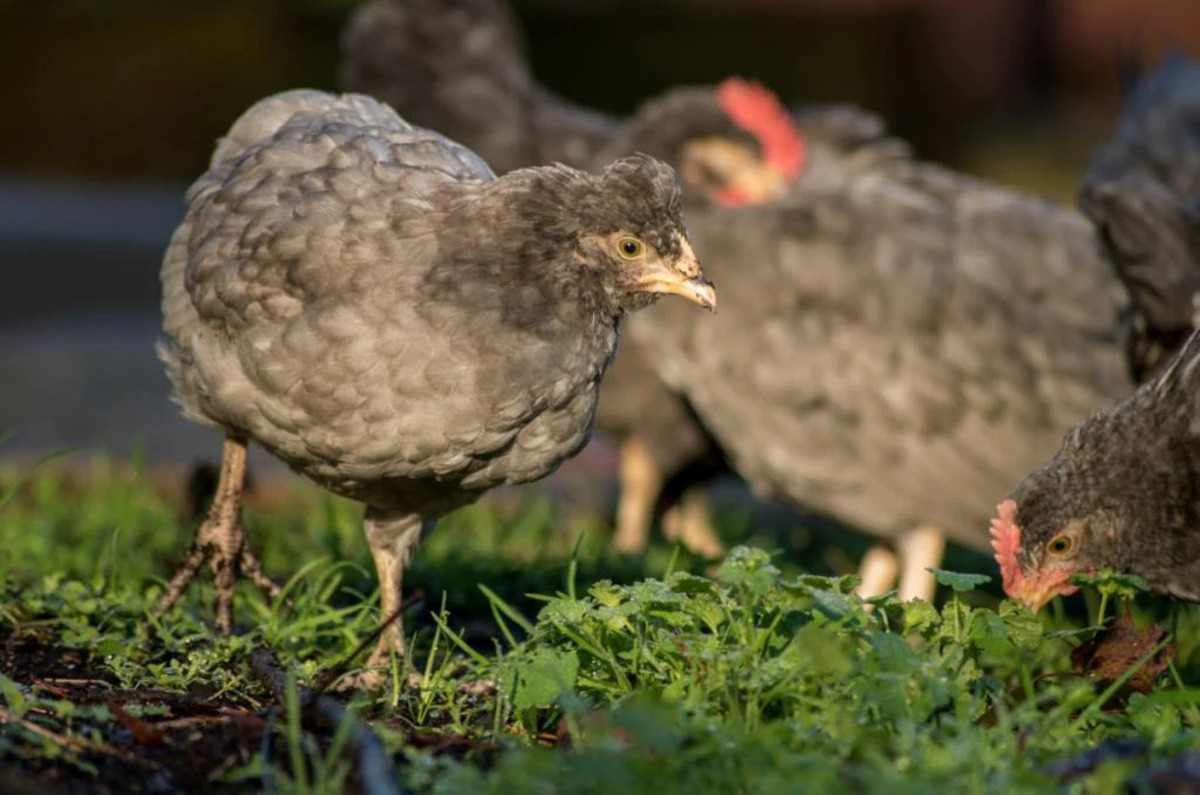
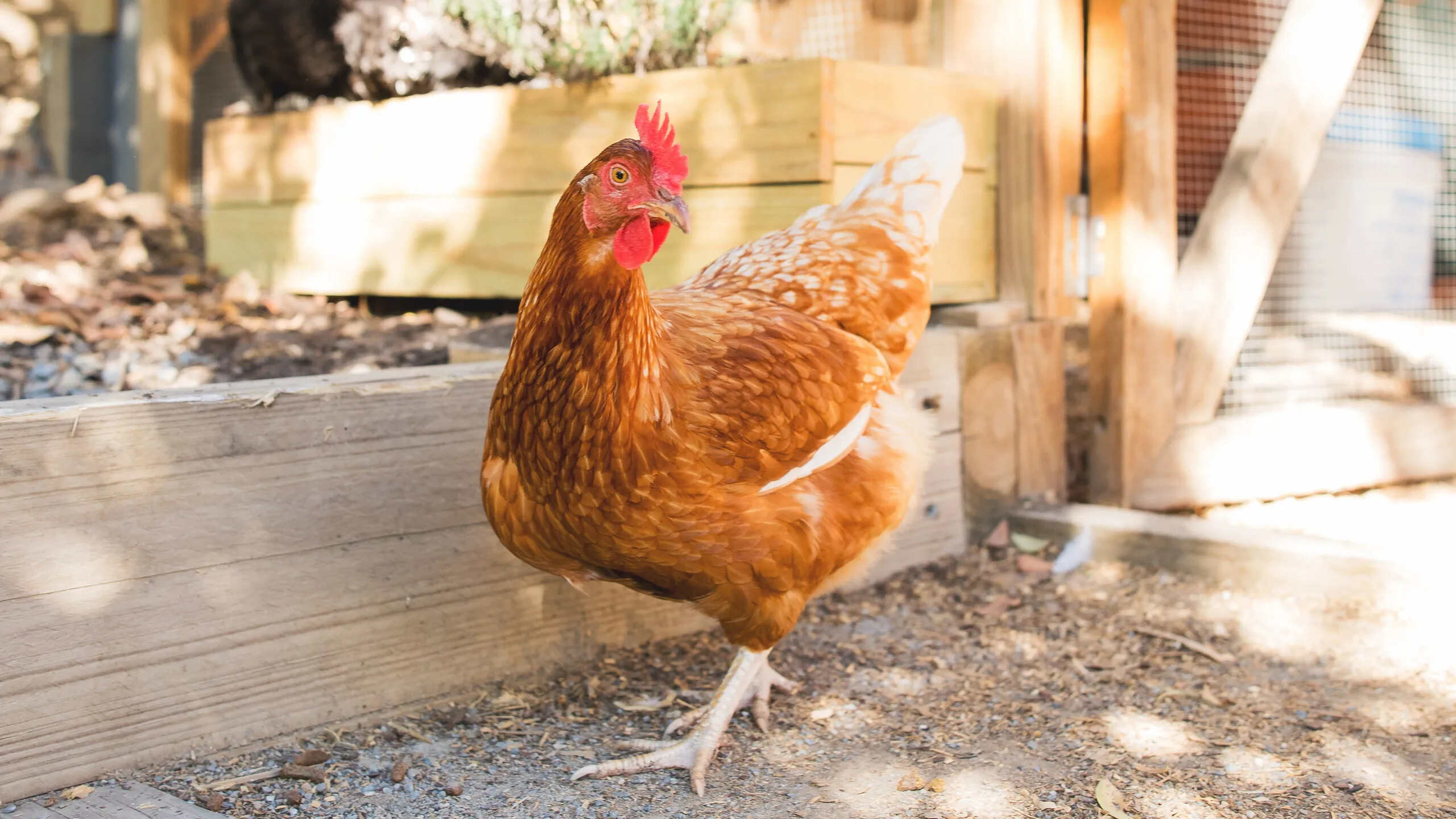
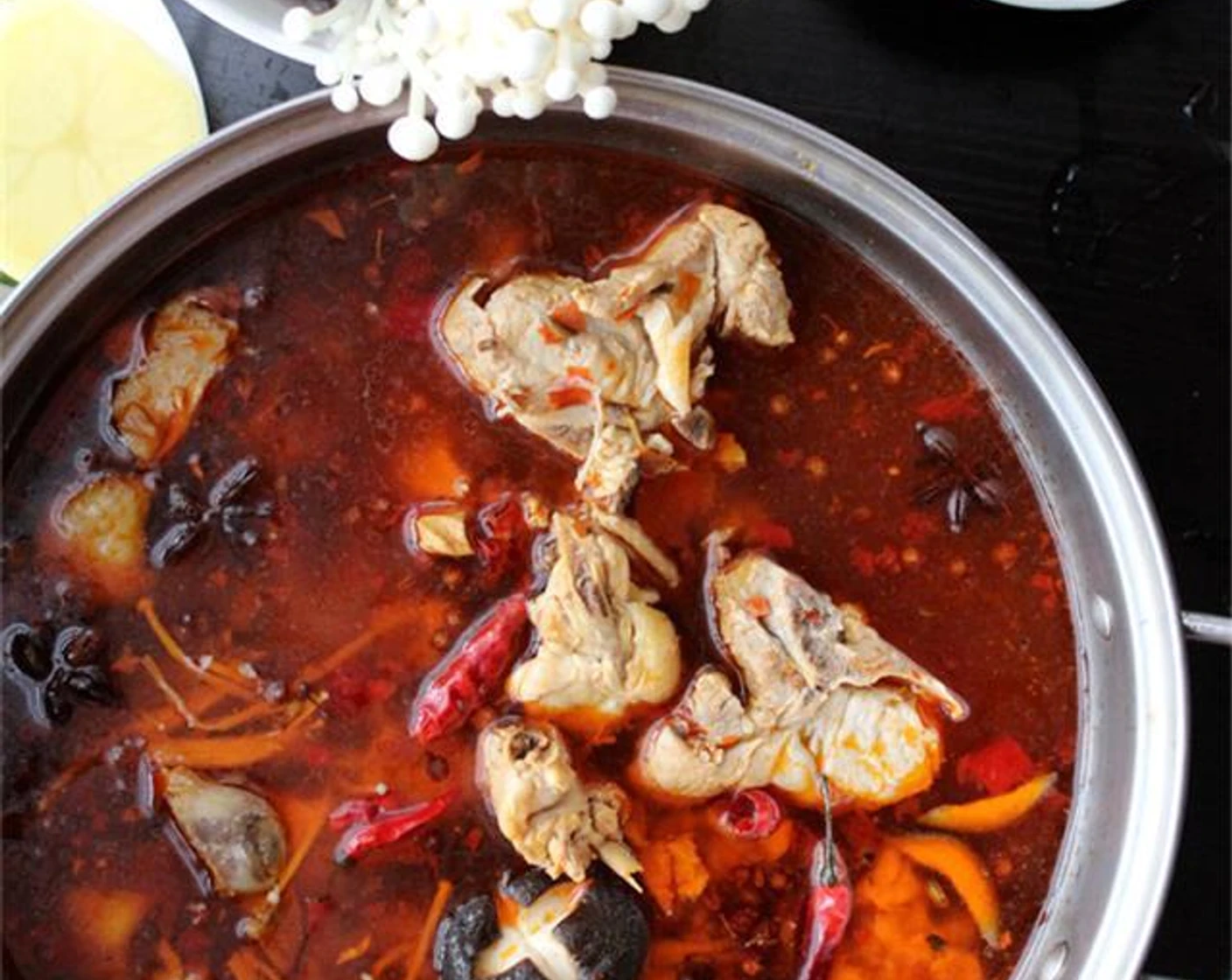
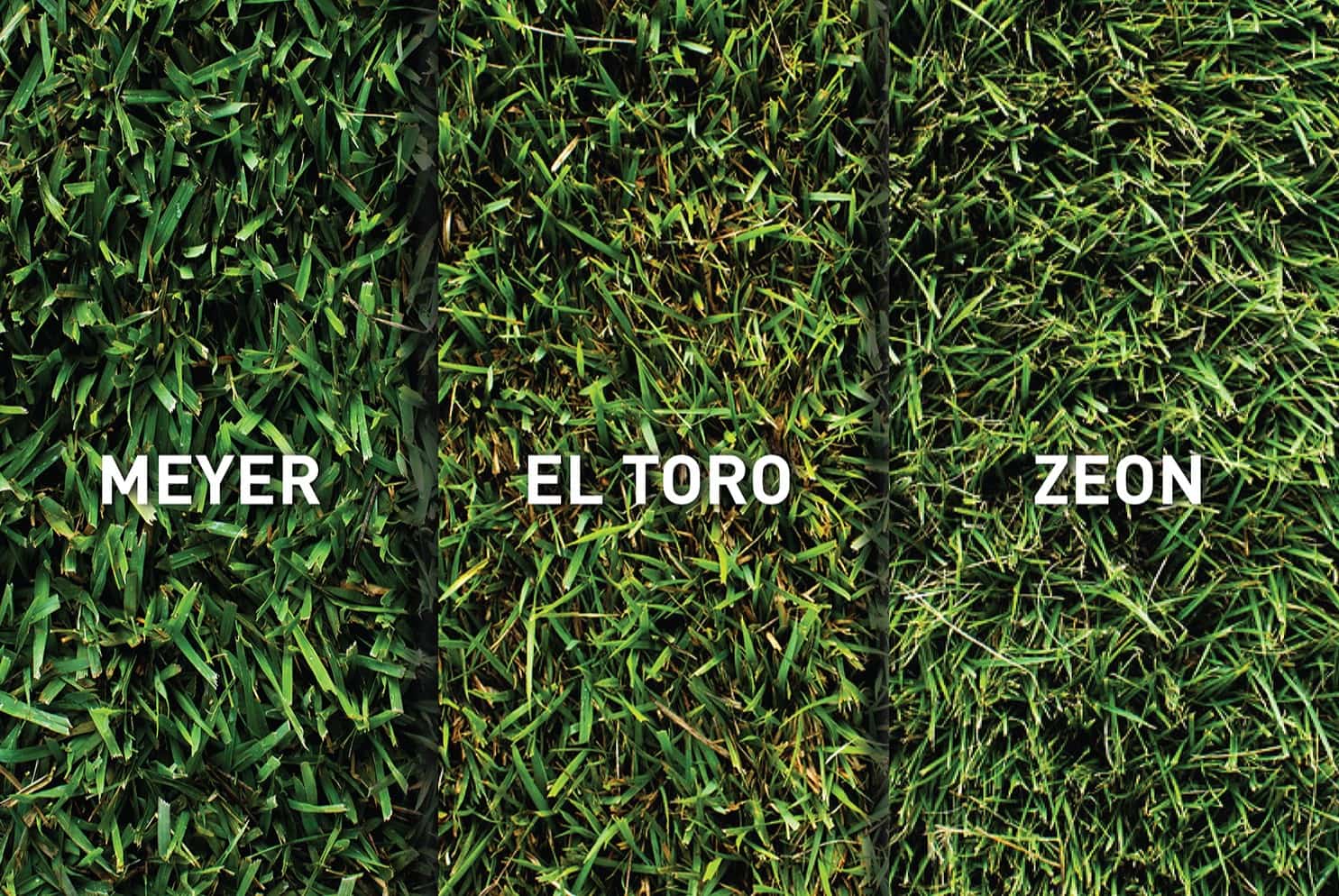
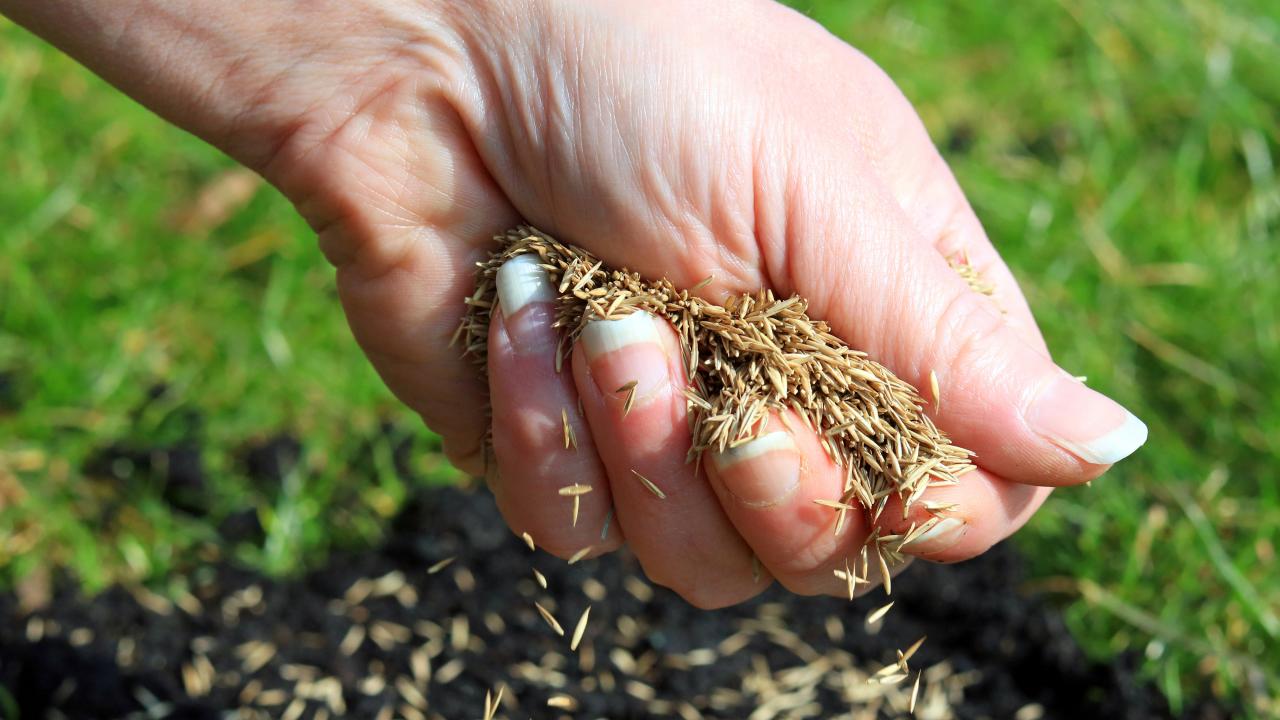
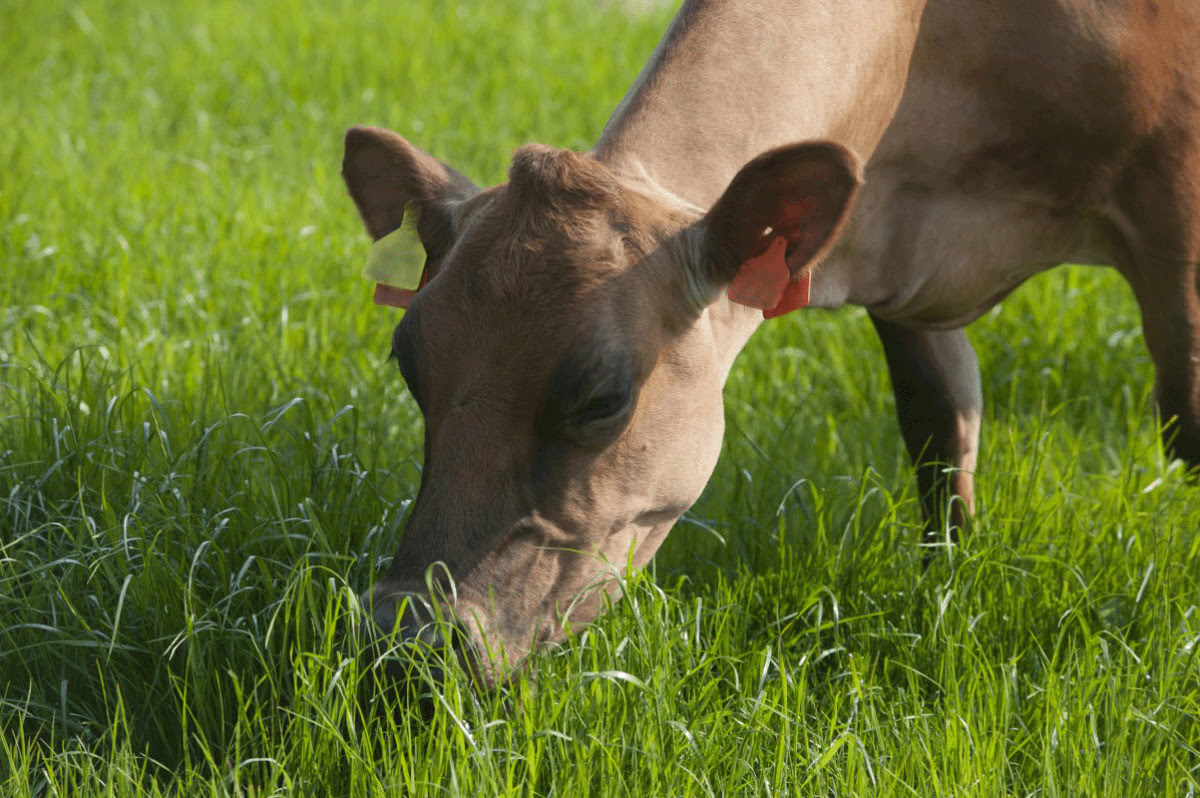

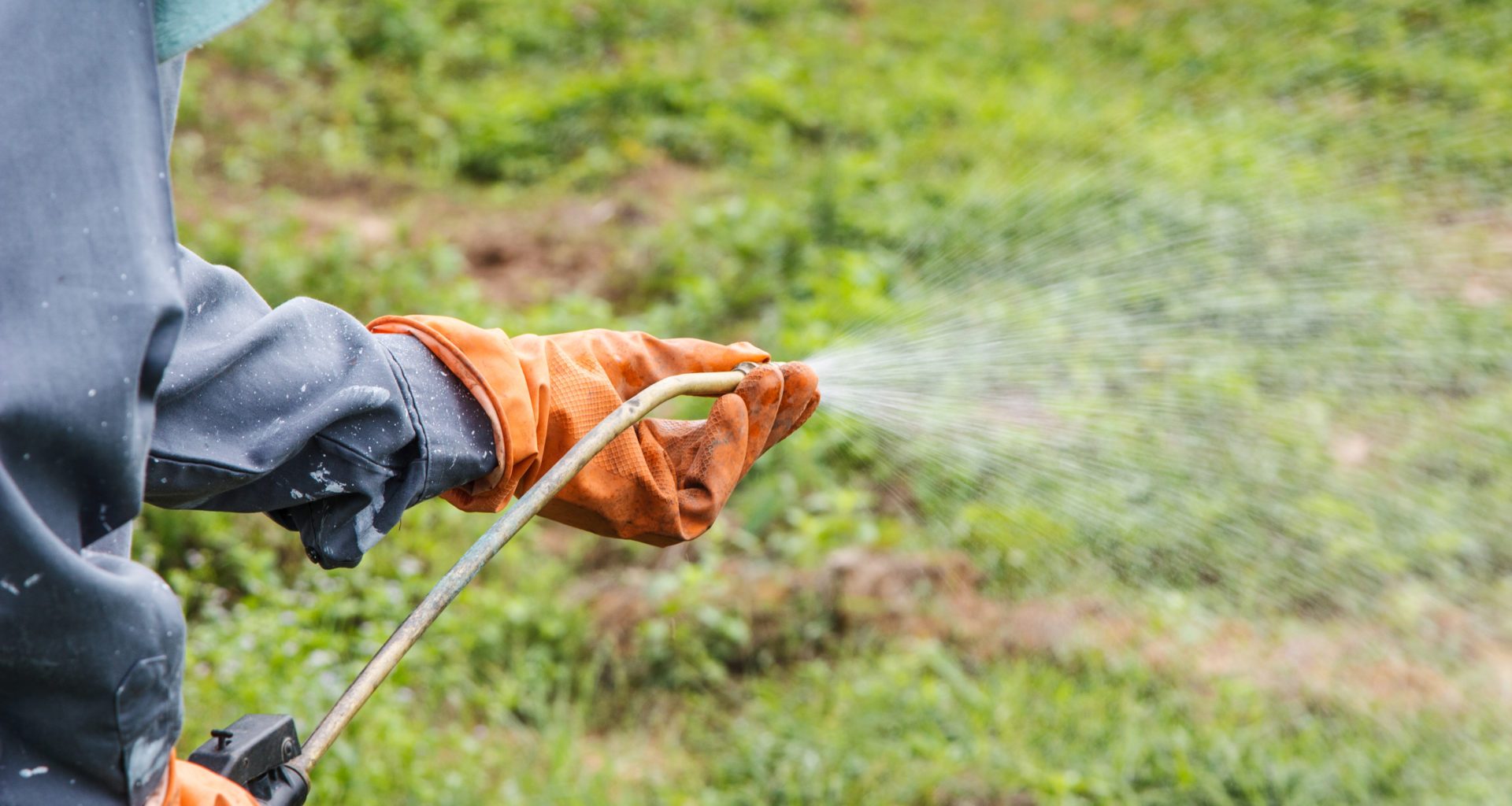
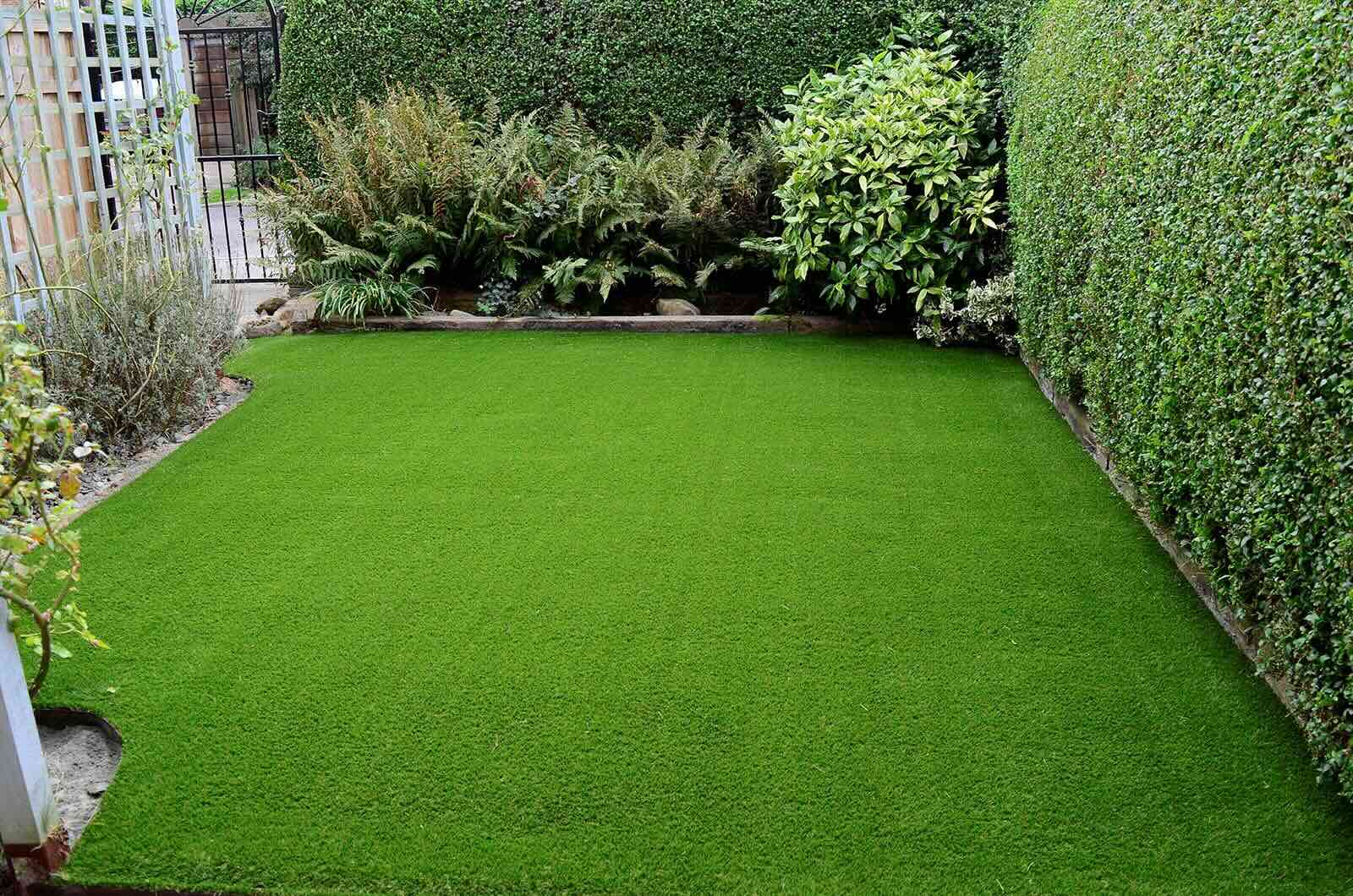
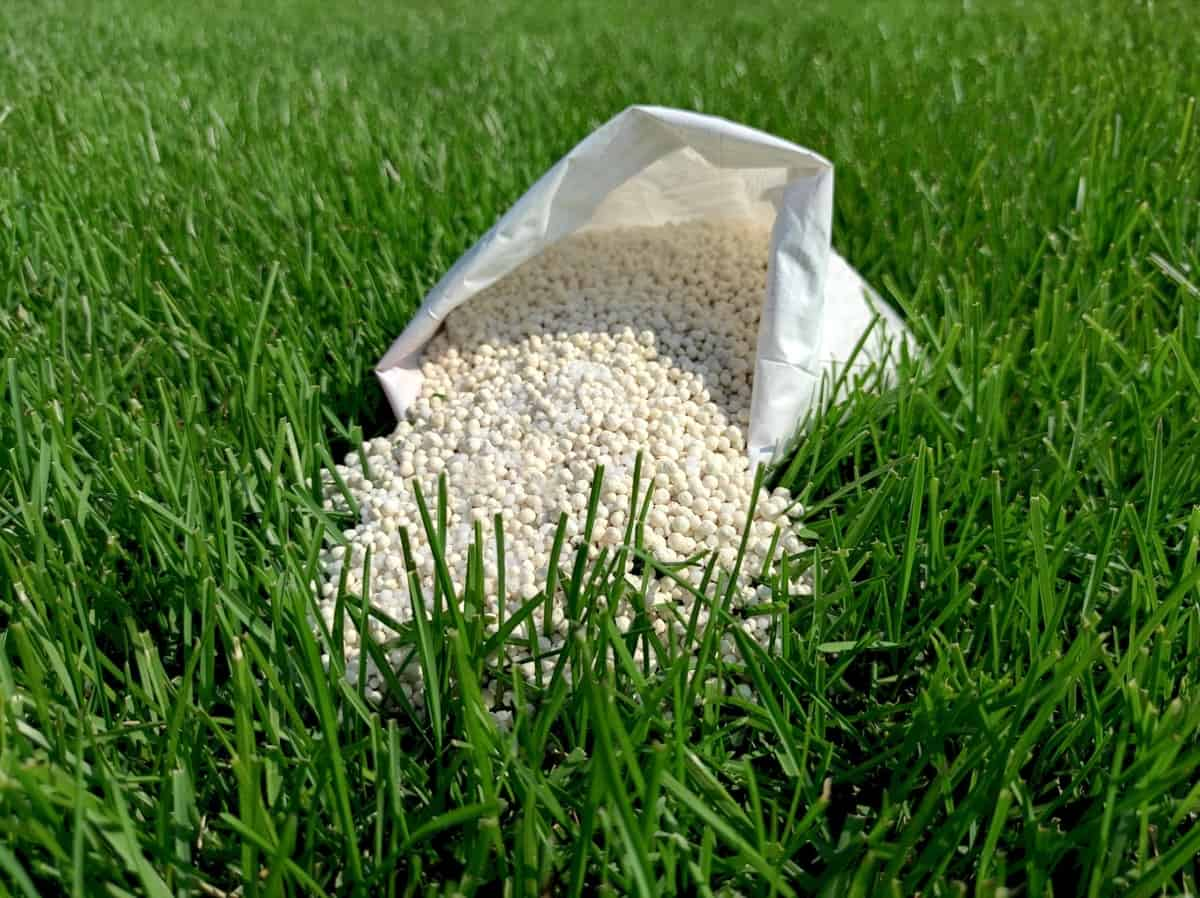

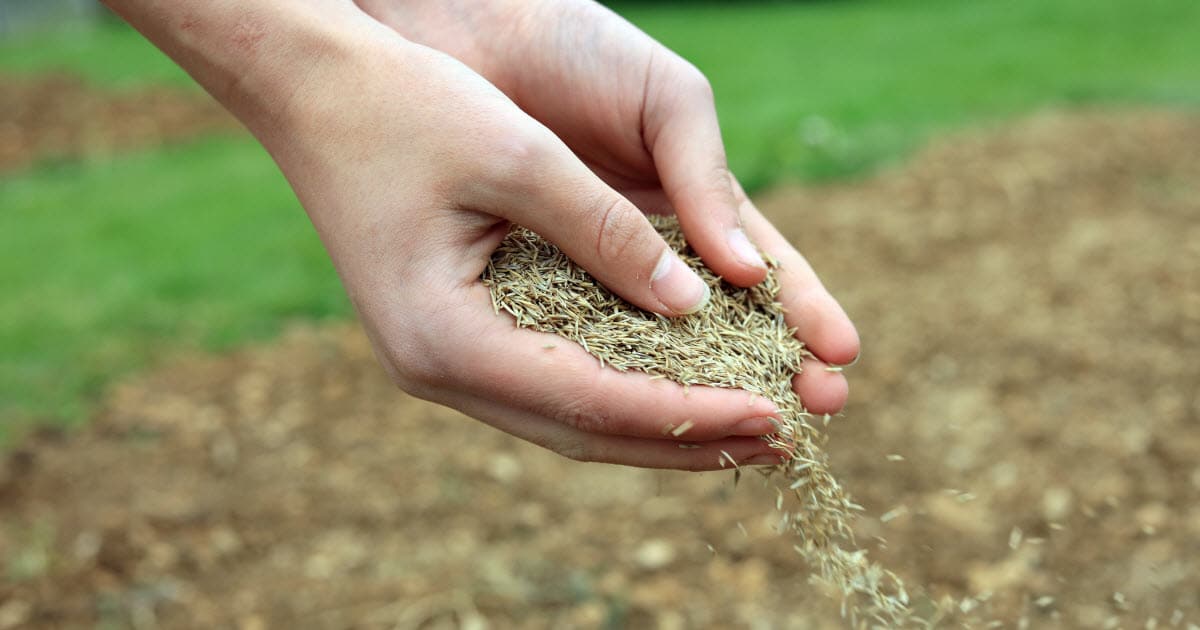
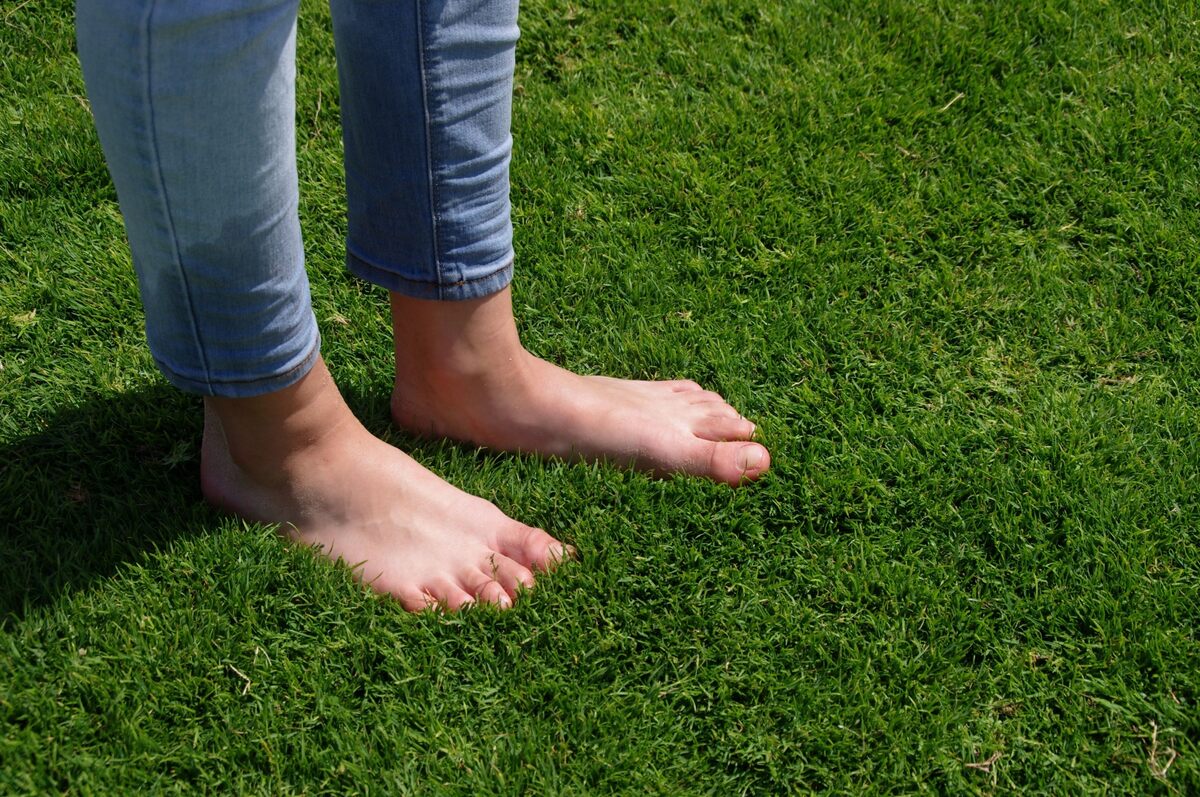



0 thoughts on “What Grass Is Best For Chickens”